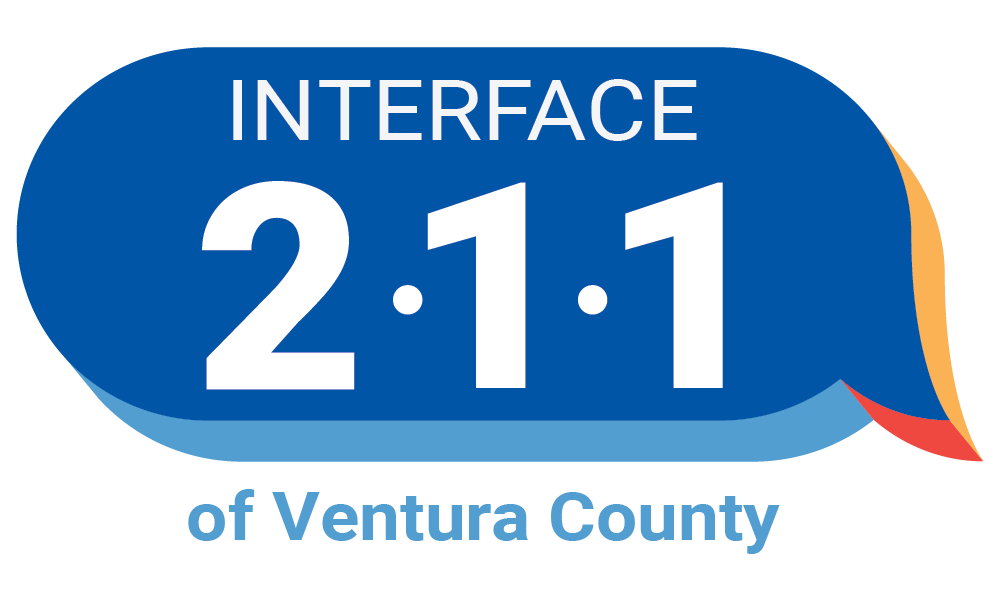 Have you ever been told that you just need to “bounce back” from something troubling? Or have you heard praise for someone who “bounced back” from a major life event, whether that’s a pregnancy, illness, or perhaps a significant trauma? Many people using this phrase are trying to uphold the value of resilience, which some define as the ability to recover quickly from stress. And while resilience is an essential skill to develop, sometimes our cultural expectations for how quickly recovery should occur are unrealistic and lack compassion.
Have you ever been told that you just need to “bounce back” from something troubling? Or have you heard praise for someone who “bounced back” from a major life event, whether that’s a pregnancy, illness, or perhaps a significant trauma? Many people using this phrase are trying to uphold the value of resilience, which some define as the ability to recover quickly from stress. And while resilience is an essential skill to develop, sometimes our cultural expectations for how quickly recovery should occur are unrealistic and lack compassion.
 Last week, Robb Elementary School and our nation suffered the loss of 21 souls at the hands of a mass shooter. We are all deeply grieving the death of young children and beloved, heroic teachers. Just a few days before Robb, we lost ten souls in Buffalo and one in Laguna Woods. I am brought back day and night to the memories of our Thousand Oaks community in the days after the Borderline shooting. I have not forgotten the faces of bereaved parents, and I know the community of Uvalde never will. It takes time to just process such an unthinkable loss, let alone the long healing journey after experiencing such evil. In these traumatic days, communities like Uvalde and Buffalo must step into a strength they have never had to exercise. There is deep humanity in that strength: a sense of community joined together in lament, in support, and in hope for a better future. So we make hashtags: #UvaldeStrong, #BorderlineStrong, #VegasStrong. I wonder, though, if the hashtag can also imply the expectation that a community should bounce back. Are we expected to recover from unspeakable trauma more quickly than is realistic?
Last week, Robb Elementary School and our nation suffered the loss of 21 souls at the hands of a mass shooter. We are all deeply grieving the death of young children and beloved, heroic teachers. Just a few days before Robb, we lost ten souls in Buffalo and one in Laguna Woods. I am brought back day and night to the memories of our Thousand Oaks community in the days after the Borderline shooting. I have not forgotten the faces of bereaved parents, and I know the community of Uvalde never will. It takes time to just process such an unthinkable loss, let alone the long healing journey after experiencing such evil. In these traumatic days, communities like Uvalde and Buffalo must step into a strength they have never had to exercise. There is deep humanity in that strength: a sense of community joined together in lament, in support, and in hope for a better future. So we make hashtags: #UvaldeStrong, #BorderlineStrong, #VegasStrong. I wonder, though, if the hashtag can also imply the expectation that a community should bounce back. Are we expected to recover from unspeakable trauma more quickly than is realistic?
Healing takes time. It takes more nuance than a hashtag on its own can communicate. Perhaps we never bounce “back” to normal, as though we could reclaim normal. Perhaps we just keep walking, lost in the woods and frantically trying to find the path, until we start to notice the beauty of the forest again and see a different and unexpected new path forward.
One of the fascinating things about mentally healthy people is that they can hold both negative and positive feelings at the same time. They can feel lost in the woods and notice how lovely the trees are. They can accept their weaknesses and limitations while also knowing and using their strengths. They know when to plough through and they know when to rest. They hold these tensions together, not perfectly all the time, but in general. They know that they are not strong OR weak, but strong AND weak. We can’t find that kind of nuance in a hashtag or on social media, but we do find it in our relationships to one another after community traumas.
As more and more Americans acknowledge their struggles to feel mentally well, the recognition that mental health is an important part of our overall health increases. How we process stress and trauma affects every part of human functioning: how we relate, how we play, how we celebrate, how we work, how we eat and sleep. How are you handling the news lately? What specific steps have you taken to find wellness in these troubled times?
Interface Children & Family Services offers a wide range of mental health services to some of the most vulnerable in our community. Our Mental Health team works to strengthen children and families through evidence-based protective mechanisms including positive attitudes, values or beliefs; conflict resolution skills; good mental, physical, spiritual and emotional health; positive self-esteem; success at school; positive parenting skills; parental supervision; and strong social and cultural supports. We equip children and families to respond to the intense stress of our world, but we also help families reduce the likelihood of contributing to that stress. Mental health care actually helps to prevent events like mass shootings, and it helps communities respond with strength when they need to. It isn’t the only solution to what is troubling our nation, but it’s an essential part of the solution.
This Mental Health Awareness Month and every month, we provide resources, tips and supports, via text message by texting “mentalhealth” to 211211. You can also help expand our influence by donating to help us build prevention programs and response resources to serve every child and adult in Ventura County who may need healing in their own way and in their own time.
If you or a loved one is in need of mental health support, please reach out to us at 211, text us at 211211 or search for resources online at www.211ventura.org.


